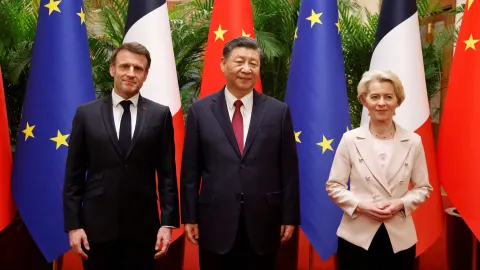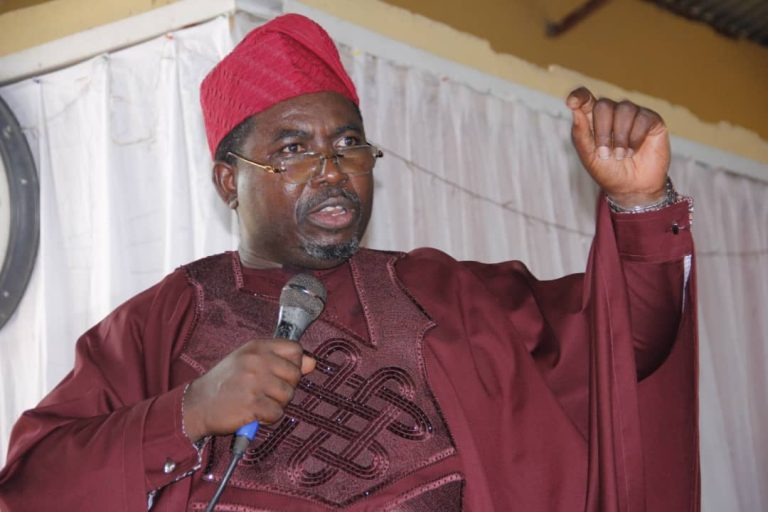
Xi Jinping has had a busy couple of weeks.
Since late last month the Chinese leader has hosted heads of state and government chiefs from Spain, Singapore, Malaysia, France and the European Union – an unusual pace of diplomatic activity that comes as countries look to Beijing as the global economy sputters in the wake of the pandemic and war in Ukraine.
On Friday, that list grew to include Brazilian President Luiz Inácio Lula da Silva, who is expected to sign a host of bilateral deals with Xi – and, like several of the leaders before him, arrives with hopes of making progress toward ending Russia’s war in Ukraine.
But for Xi, this revolving door of visiting leaders – making the trip even as China has refused to condemn the Russian invasion – is also an opportunity to assert his vision for a global order not dictated by American rules – and push back against perceived threats.
That’s especially urgent for the Chinese leader now, observers say.
Three years of scaled-back diplomacy due to China’s strict Covid-19 controls coupled with economic challenges, entrenched competition with the United States and rising European concerns about Beijing’s foreign policy have left Xi under pressure to act.
“(Chinese leaders) believe it’s time now for China to make its strategic plans,” said Li Mingjiang, an associate professor of international relations at Singapore’s Nanyang Technological University.
“A potentially good outcome is to weaken American alliances … so that’s why we’re seeing quite strenuous efforts made by Beijing to try to stabilize and improve relations with European countries, and also to try to improve and strengthen cooperation with emerging economies,” he said.
Driving a wedge
As world leaders return to Beijing despite international concerns over the growing China-Russia relationship and Beijing’s intimidation of Taiwan, Xi has used the opportunity to thread his conversations with veiled criticism of the US and keywords that signal Xi’s own view for how to reshape global power.
Speaking to Singapore’s Lee Hsien Loong late last month, Xi stressed that Asian countries together should “firmly oppose bullying, decoupling or severing industrial and supply chains,” while he urged Malaysian Prime Minister Anwar Ibrahim to “resolutely resist the Cold War mentality and bloc confrontation.”
To Spain’s Prime Minister Pedro Sanchez that same day, he warned that the “sound development of China-EU relations requires the EU to uphold strategic independence,” according to readouts from the Chinese side.
Beijing has watched uneasily as the war in Ukraine has driven the US and its European allies closer. Now, analysts say playing up its economic partnerships and exploiting differences between countries on the two sides of the Atlantic is key.
When French President Emmanuel Macron arrived in Beijing last week, Xi drew comparisons between China and France: both “major countries with a tradition of independence,” Xi said, and “firm advocates for a multi-polar world” – or a world without a dominant superpower.
After a day of meetings in Beijing, Xi met Macron in the southern commercial hub of Guangzhou to continue an “informal” conversation – sipping tea and listening to the plucked melodies of traditional Chinese music before a state dinner.
Copied from BBC







